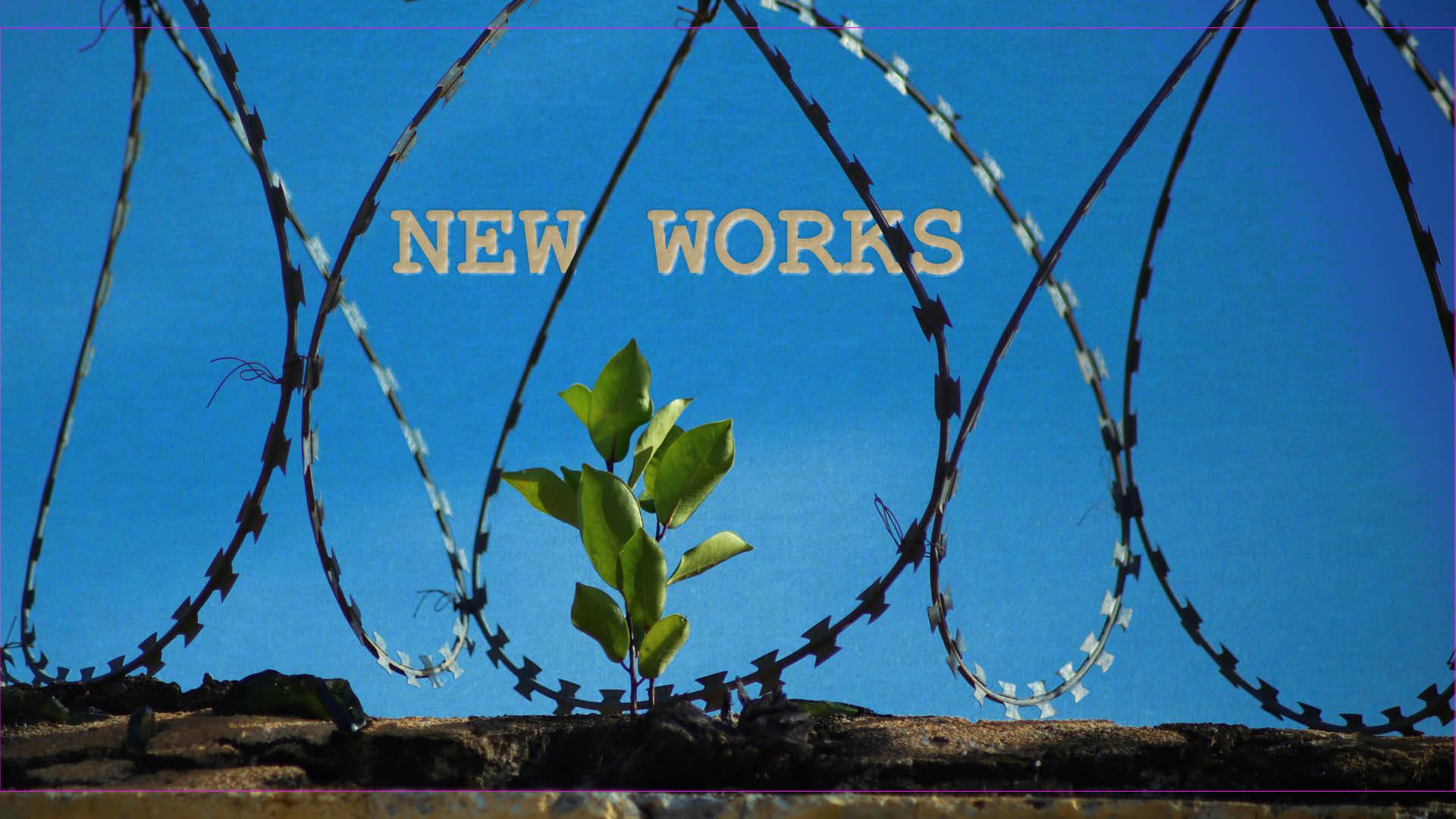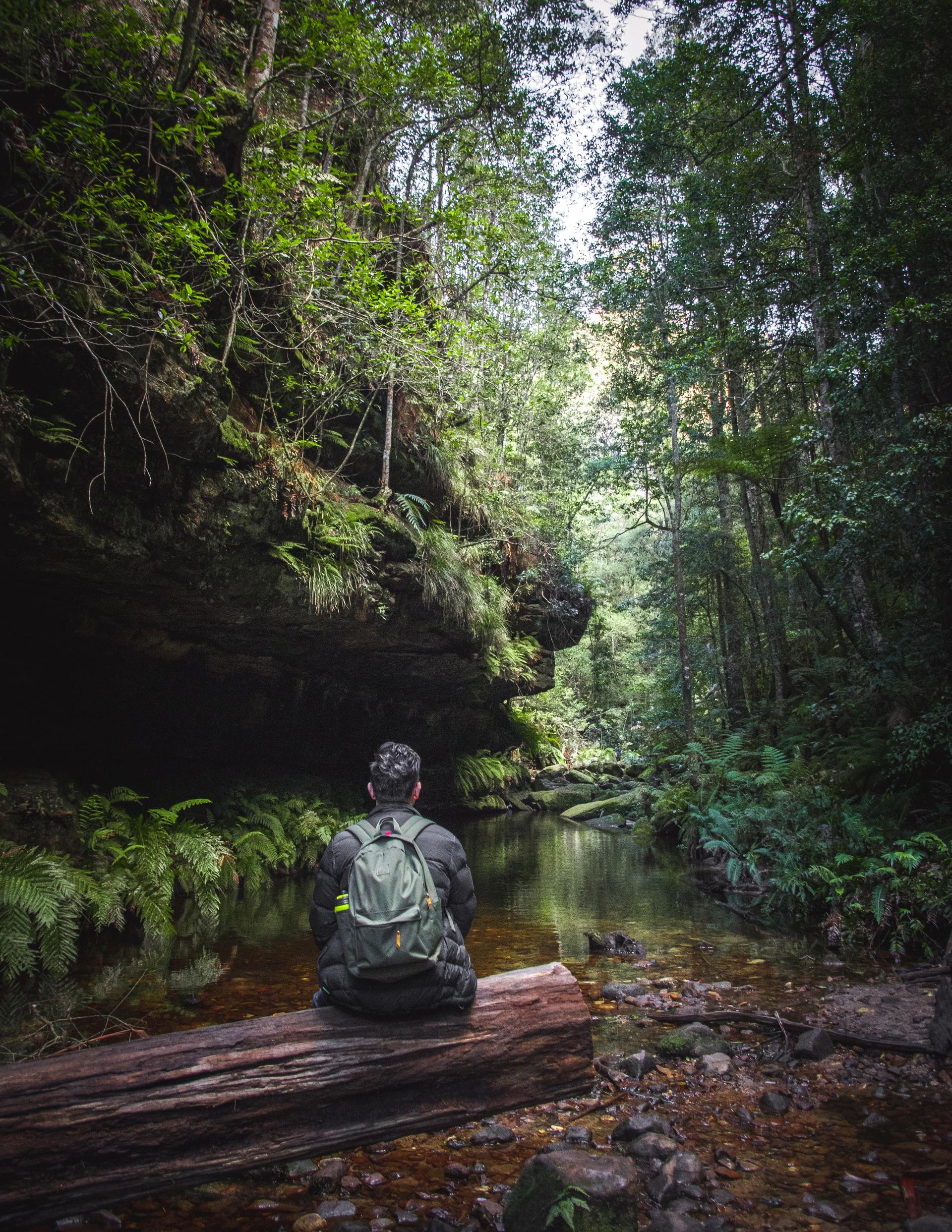Program: The Medea Complex, New Works Reading Series
Content Warning
Descriptions of Pedophilia and Infidelity
Depictions of:
- Strong Adult Language
- Violence
- Murder
- Sex
Over the last five years, the perception of the Immigrant has become the intense focus of our nation. Are we a nation of Immigrants? Is it acceptable to be a nation of Immigrants now that we have planted our generational seeds and created the “American”? What type of Immigrant is acceptable? Does it matter at this rocky juncture in the Republic whether we appreciate our cultural differences, or not?
Medéa is an Immigrant, but she is so much more than that. Which is the point of my rant. The refusal of so many to remove the blindfolds and see people beyond the color of their skin or the gender they were born to or have chosen. To see beyond their accents, or their religious or non-religious choices. To peel back the skin. Get to the juicy stuff. To appreciate human beings for what they do have in common with us, rather than hate them for what they don’t, is a more awakening effort than to trek down this path of hate and suspicion.
Medéa didn’t enter the world as an Immigrant. She arrived in a more magical, more fantastical place, intertwining Greek Mythology with Mexican Urban Legend. We joined in 2006, a confined, dusty room in the basement of the Theatre department at UNM. The assignment was to adapt a Greek play. My fascination and childhood memories of La Llorona, the Crying Woman, and the story of Medea and Jason were too analogous to ignore. Creating the play was a cathartic exercise, but a treacherous journey. I was pregnant when I started and a new mother when all was said and done. I felt accomplished. Brave. I had confronted candid issues with Medéa and emerged intact. But I was naïve to think that I would write the play, produce it, enjoy it, and put it away for safe keeping, chalking it off as another story in my repertoire which edifies the issues that absorb me.
Medéa cannot be put away. She has always reemerged throughout the years. Her journey continues to evolve. With each new theatre, with each new director and cast, with each rewrite, Medéa has a new obstacle to face. A new fear to conquer. A new path to forge. I am honored to take this path with WWU’s amazing cast and crew. I am equally honored to work with Diego Alvarez Robledo, who has allowed me to see through the cracks in the lines on the page, and has made this play, along with his cast and crew, even more formidable than before. I am privileged to be included in WWU’s New Works Series, which has opened a new door in the theatre community, for which I am forever grateful.
In the wake of a pandemic, quarantines, and theatres shut down for an indefinite amount of time, we have found a way to continue the community that is theatre. It is not the black box-converted to another world, where the power of words and movement collide, but it is storytelling. Storytelling that reaches back in time, where the words are the most powerful part of the spectacle. As the adage says, “The show must go on.” And it will.
I hope you enjoy this unique and provocative production of The Medéa Complex as much as we enjoy bringing it to you. And, if all goes well, see you on the flipside.
Medéa
Amy Beltrán
Medéa
Tessa Hoyos
Gilberto
Jay Chavez
Jason
Victor Parra
Guitarrista/Tito
Diego Santana
Chauncey Drummond
Diego Alvárez Robledo
Valeria Fabbri
Playwright
Patricia Crespin
Director
Diego Alvárez Robledo
Assistant Director
Daniel Hanlon
Dramaturg
Sophia Tuell
Livestream/Videography Consultant
Miriam Romero
Stage Manager
Melanie Ashby
Production Stage Manager and Virtual Technical Director
Clara King
Production Manager
Savannah LeCornu
Company Managers
Mark Kuntz, Kamarie Chapman
Sound and Props Design
Jack Harbick


